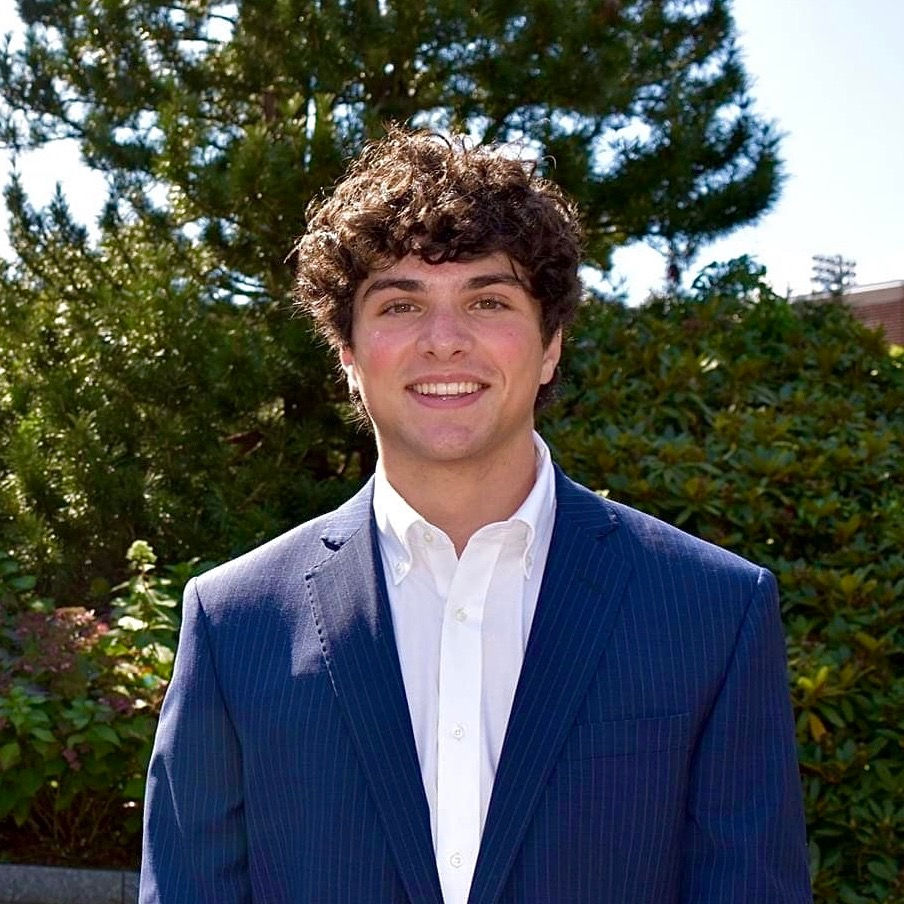Social Media Filters
- Beanbag Health

- Jun 28, 2023
- 3 min read
One of the biggest trends to emerge from social media in recent years is filters. Who can help but love a filter that gives you a mustache or tells you what type of animal you are? Filters have undoubtedly made social media a creative and entertaining space.
Many trends on social media have emerged from these filters - especially on TikTok. A lot of these trends are positive and lighthearted. However, there has been a recent rise in face filters that can have a dark side - especially for people vulnerable to eating disorders.
When filters first came about, they were more focused on changing the colors/lighting of a photo or video, especially on apps like Instagram. Once Snapchat entered the social media sphere, filters became a form of comedy with people using them to turn themselves into a loaf of bread, a dog, or have a rainbow coming out of their mouth. But with the rise of apps like TikTok, we have seen a change in the use of filters.

The popular filters we see today are altering people's faces to fit specific beauty standards. A lot of these filters now apply makeup digitally, change your bone structure, enlarge facial features such as lips and eyes, and change the complexion of your face. A lot of times, these changes are so subtle, most people cannot even notice them, but these filters are intended to make people look like some imaginary beauty standard that is not achievable.

For those who struggle with eating disorders, negative body image, body dysmorphia, face dysmorphia, or low self esteem, this constant use of filters can make people very self-conscious and distressed about their appearance, and can exacerbate symptoms of mental disorders. When they see these unrealistic beauty standards all over social media, viewers may think to themselves, “Why don't I look like them?” or “Maybe if I do this, I can have a face like theirs!”
TikTok’s emphasis on superficial looks has become so normalized that people are no longer fazed by how awful its impacts can be. For example, there is a trend going around where people use a filter or edit a picture of themselves to show viewers “What I would look like if I lost 100 pounds.” Not only is this trend hurtful to the poster themselves, but also to any viewers who resonate more with the “before” picture. Furthermore, it has been revealed that some participants in this trend actually faked their “before” picture by editing the “after” picture—the real picture—to look like they weigh more. This is even more problematic and upsetting to viewers, and it speaks to society’s unhealthy obsession with how bodies look.

We hope you remember that most of what you see on social media is curated, or even downright fake, and that it can be hard to determine what is reality. Allow yourself to take breaks for your mental health whenever necessary. You might even choose to get off social media altogether for the sake of your wellbeing.
Beanbag Health is releasing soon 🎉
Join the waitlist here!

Written by
Jack Manthous
Jack is an intern at Beanbag Health. He is a senior at the University of Connecticut, majoring in Management. Jack states that he has already learned so much during his time at Beanbag Health and feels excited to be a part of a company that is working towards making eating disorder recovery support more accessible. He is looking forward to a future where everyone will be able to access affordable and effective mental health care.

Written by
Zoe Trevithick
Zoe is an intern at Beanbag Health. She is a sophomore at the University of California, Berkeley, majoring in Cognitive Science. Zoe is excited to be working at Beanbag Health and is passionate about its cause of making eating disorder and negative body image recovery easy and available. She is eager to see a world where mental health disorders are no longer stigmatized, and where anyone who needs care is be able to access it.

Clinically Reviewed By:
Iain Jordan
Iain is a consultant psychiatrist with postgraduate training in medicine, psychiatry, complexity science, and healthcare informatics. He's fascinated by the relationship between physical health and mental health and has extensive experience with eating disorder patients in inpatient settings. He's an honorary senior clinical lecturer at University of Oxford. His passion is making psychological strategies for recovery available to all.



Comments